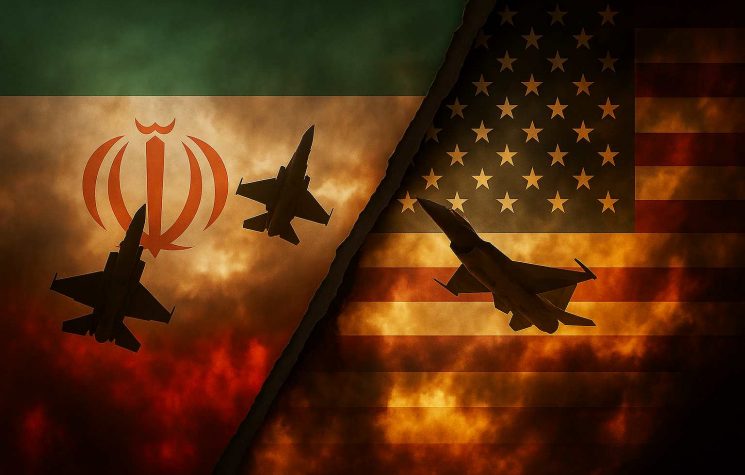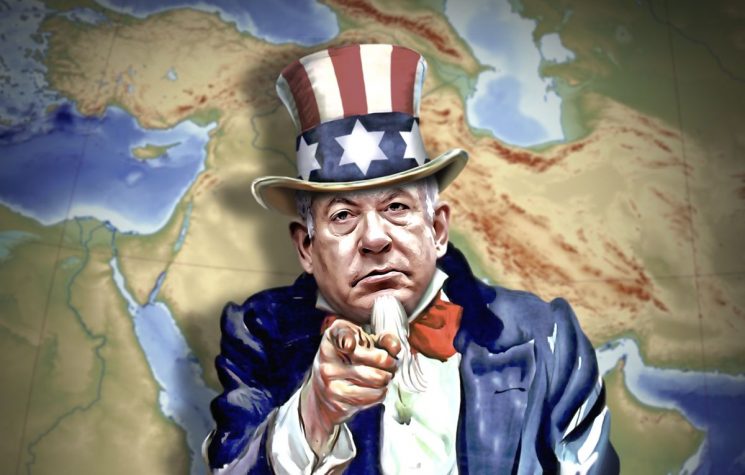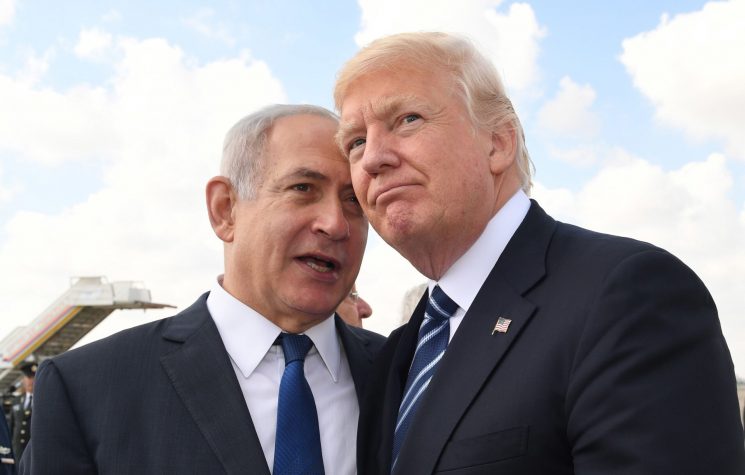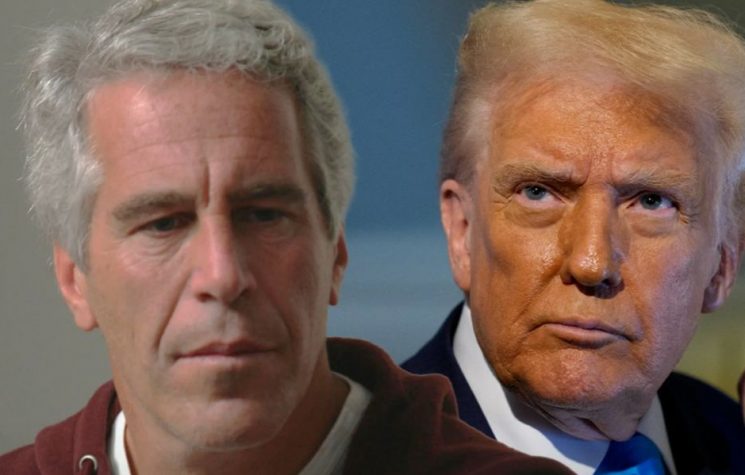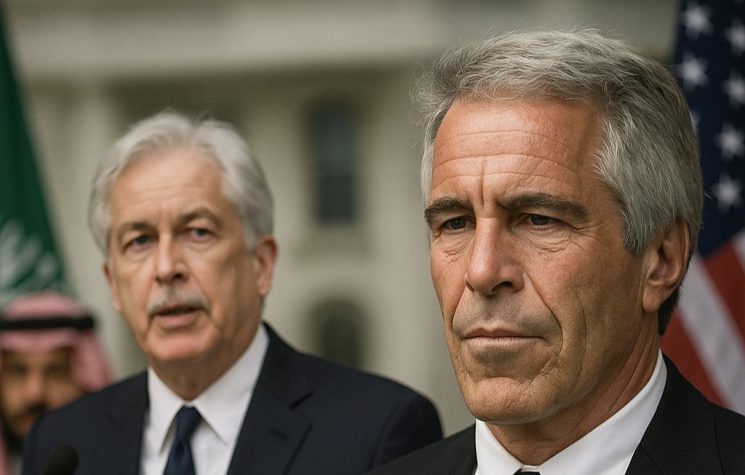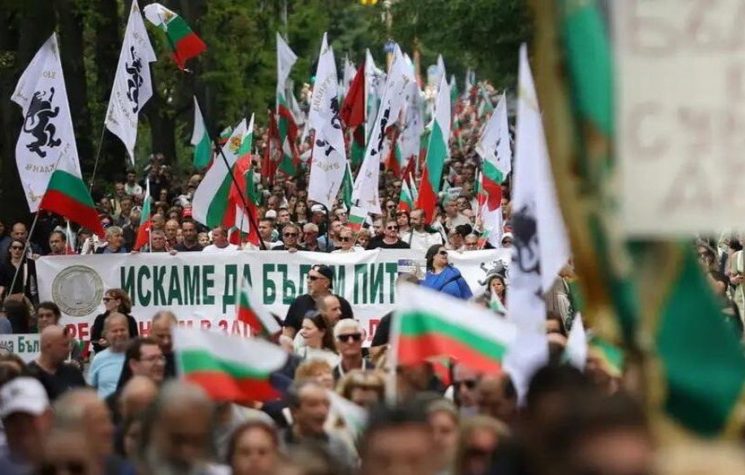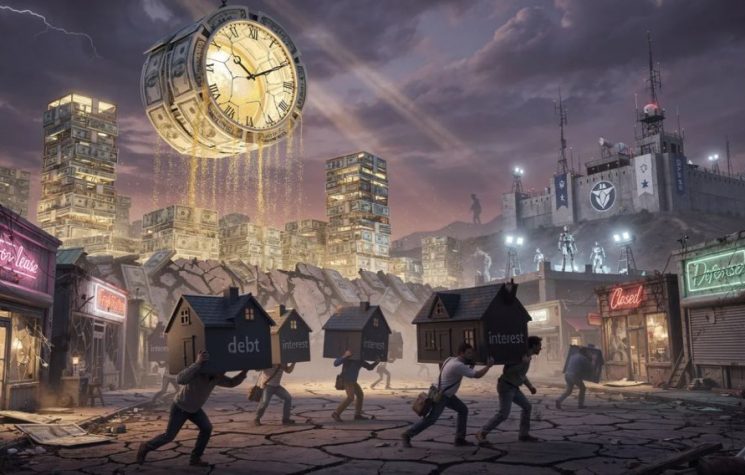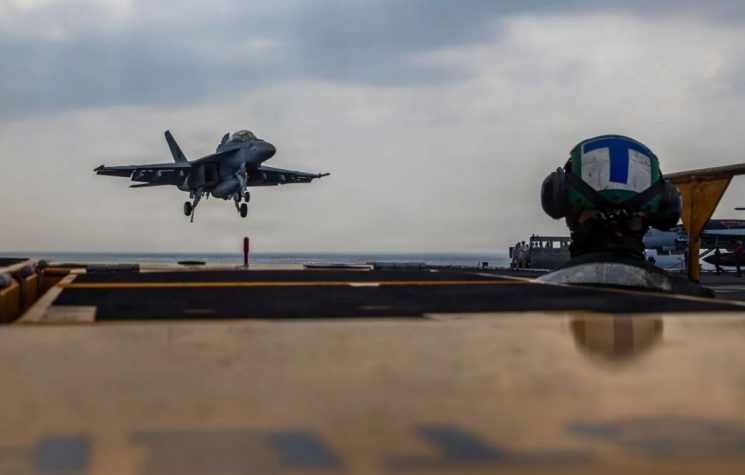The hard truth is that the Resistance has understood the reality of the situation better than their western counterparts.
Contact us: info@strategic-culture.su
On all fronts, the Israeli internal paradigm is fracturing; and externally, the West is itself fissuring, and becoming a pariah on the global stage. The western leaderships’ explicit facilitation of a bloody cleansing of Palestinians has incised the old spectre of ‘Orientalism’ and colonialism onto the skyline. And is gyring the West towards being ‘the world’s untouchable’ (along with Israel).
Overall, Israel’s government objective looks to be to converge and then channel – multiple tensions into a wide military escalation disgorgement (a big war) – that somehow would bring a restoration of deterrence. Such a course concomitantly implies that Israel would thus turn its back to western pleas that it somehow act ‘reasonably’. The West mostly defines this ‘reasonableness’ as Israel accepting the chimaera of a passage to ‘normality’ arriving through the Saudi Crown Prince bestowing it, in return for a contrite Israel undoing seven decades of Jewish supremacism (i.e. accepting a Palestinian State).
The core tension within the Western-Israeli calculus is that the U.S. and the EU are moving in one direction – back to the failed Oslo approach – whilst polling underscores Jewish electors firmly marching in the other direction.
A recent survey conducted by the Jerusalem Centre for Public Affairs shows that since 7 October, 79% of all Jewish respondents oppose the establishment of a Palestinian State on 1967 lines (68% were opposed prior to 7 Oct); 74% are opposed even in exchange for normalisation with Saudi Arabia. And reflective of the internal Israeli divide, “only 24% of left-wing voters support a [Palestinian] State without conditions”.
In short, as the western institutional leadership clings to the shrinking Israeli secular liberal Left, Israelis as whole (including the young) are moving hard Right. A recent Pew poll shows that 73% of the Israeli public support the military response in Gaza – albeit a third of Israelis complained it had not gone far enough. A plurality of Israelis think Israel should govern the Gaza Strip. And Netanyahu, in the aftermath of the ICC arrest threat, is overtaking Gantz (leader of the National Union) in approval ratings.
It seems that the ‘western consensus’ prefers not to notice these uncomfortable dynamics.
Additionally, a separate Israeli divide concerns the purpose of the war: Is it about restoring to Jewish citizens the sense of personal, physical security, which was lost in the wake of 7 Oct?
That is to say: Is it the sense of Israel as a redoubt, safe space in a hostile world that is being restored? Or alternatively, is the present struggle one of establishing a fully Judaicised Israel on the ‘Land of Israel’ (i.e. all the land between the river and the sea) the prime objective?
This constitutes a key divide. Those who see Israel primarily as the safe redoubt to which Jews could flee in the wake of European holocaust, naturally are more circumspect at the risking of a wider war (i.e. with Hizbullah) – a war that could see the civilian ‘rear’ directly attacked by Hizbullah’s vast missile arsenal. For this constituency, safety is a premium.
On the other hand, a majority of Israelis sees the risk of wider war as inevitable – indeed to be welcomed by many, if the Zionist project is to be fully established on the Land of Israel.
This reality may be difficult for secular westerners to grasp, but the 7 October has re-energised the Biblical vision in Israel, rather than excite a surfeit of caution about war, or a desire for rapprochement with Arab States.
The point here is that a ‘New War of Independence’ can be held aloft before the Israeli public as the metaphysical ‘vision’ of the way ahead, whilst the Israeli government attempts to pursue the more mundane path of playing the long game, leading to the full military matrix control over the land between the river and the sea, and the removal of populations that will not submit to the Smotrich dispensation of ‘acquiesce or leave’.
The schism between Israel as a secular, post-holocaust ‘safe-space’ and the contrasting Biblical, Zionist vision sets a border between the two zeitgeists that is both porous, and at times overlaps. Nonetheless, this Israeli divide has bled across into U.S. politics and, in a more scattered way, has entered into European polity.
For the Jewish diaspora living in the West, keeping Israel as a safe-space is vitally important as, insofar as Israel becomes insecure, Jews feel their own personal insecurity worsens, pari passu. In one sense, the Israeli projection of strong deterrence in the Middle East is an ‘umbrella’ that extends to cover the diaspora, as well. They want quiet in the region. The Biblical ‘vision’ has an edge to it which is frankly too polarising.
Yet, those very power structures straining to sustain the Israeli strongman paradigm in the western consciousness now find their efforts are tending to shred those western political structures, on which they depend, thus alienating key constituencies, particularly the young. A recent poll amongst 18-24 year-olds in Britain found that a majority (54%) agreed that “that the State of Israel should not exist”. Just 21% disagreed with this statement.
The wielding of Lobby power to compel Western united support for Israel and its deterrent objectives – coupled with a lack of human empathy for Palestinians – is inflicting heavy losses on institutional leadership structures as underlying mainstream parties fracture in different directions.
The damage is exacerbated by the western peace camp’s ‘reality blindspot’. We hear it all the time: the only solution is that of two-states living peacefully side by side on the lines of 1967 (as enshrined in UNSC resolutions 242 and 338). Apart from in the West, the same mantra is also rehearsed (as the peace camp reminds us) by the Arab League.
It seems so simple.
It is indeed ‘simple’ – but only through ignoring the reality that such a Palestinian state can only come into sovereign ‘being’ through force – through military force.
The reality is that there are 750,000 settlers occupying the West Bank and East Jerusalem (and a further 25,000 settlers living in Syria’s Golan Heights). Who will remove them? Israel won’t. They will fight to the last settler; many of whom are zealots. They were invited and placed there in the years since the 1973 war (largely by successive Labour governments), precisely to obstruct any possible Palestinian state coming into existence.
The question that those who say ‘the solution is simple’ – two states living side by side in peace – do not answer: Has the West the will or the political resolve to instantiate a Palestinian State by force of arms, against the current will of a plurality of Israelis?
The answer, inevitably, is ‘no’. The West does not have the ‘will’ – and the suspicion then arises that in their hearts they know this. (There is perhaps a yearning for a solution, and disquiet that absent ‘calm in Gaza’, tensions will spike in the diaspora, too).
The hard truth is that the Resistance has understood the reality of the situation better than their western counterparts: A putative Palestinian State has only receded in prospect since the 1993 Oslo process, rather than having advanced a jot. Why did the West not take corrective action over three decades, and only then recall the dilemma when it became a crisis?
The Resistance has better appreciated the inherent untenable contradiction of one people appropriating to themselves special rights and privileges over another, sharing the same land, and that such a scenario could not long persist, without breaking the region apart (witness the wars and devastation to which maintaining the existing paradigm already has led).
The region stands at the edge; and ‘Events’ at any moment can push it over that edge, despite the efforts of regional actors to control incremental movement up the escalatory ladder. This is likely to be a long war. And a solution likely will only emerge through Israel, by one means or another, facing up to the inner paradigm contradiction within Zionism – and to begin seeing the future differently.
And of that, there is, as yet, no sign.















